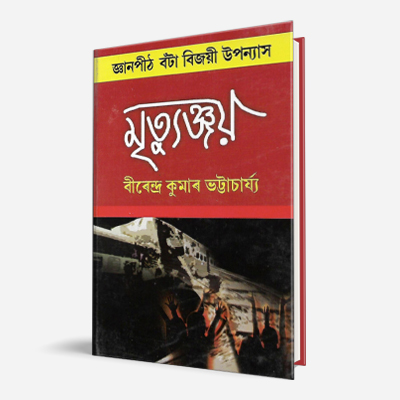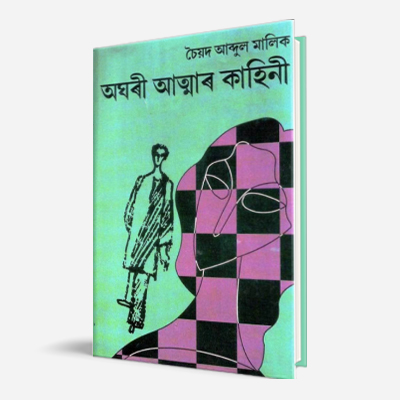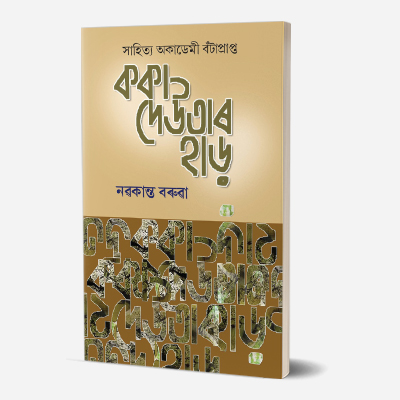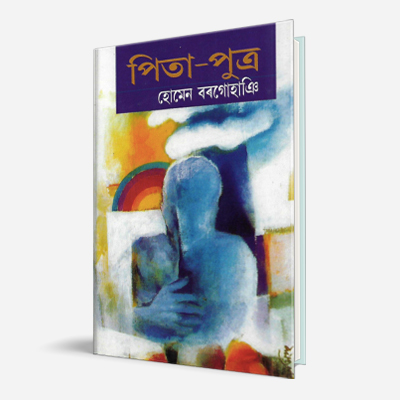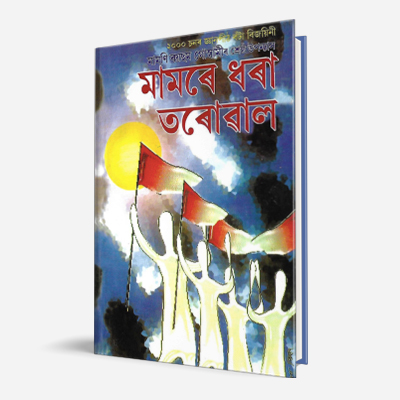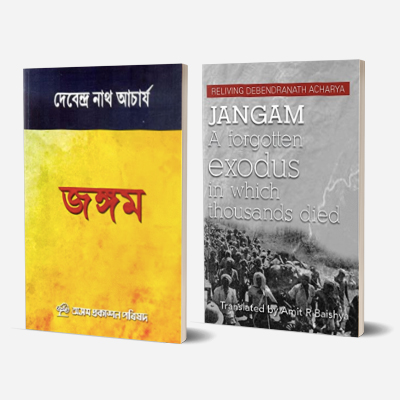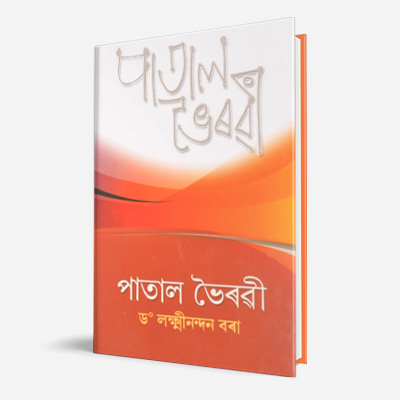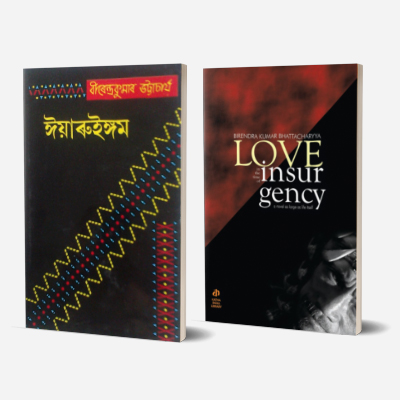Mrityunjay
By Birendra Kumar Bhattacharya
The title ‘Mrityunjay’ means Conqueror of Death or Immortal. The novel depicts a clear picture of the struggle and commitments of the Assamese society in 1942 against British rule. It narrates how Assamese people were influenced by the Quit India Movement, and how they implemented it in their state. The story is based on the Barpathar railway derailment caused by freedom fighters. It symbolizes the debates of the movement in individual Assamese freedom fighters, who go through intense internal dilemmas while determining the means they wanted to use to fight – Gandhi’s non-violent satyagraha or Bose’s violent uprising. Characteristically for Bhattacharya, the book explores these political questions through the milieu of Assamese daily life – its traditions, customs, and environment. When the book was awarded the Jnanpith Prize in 1979, its citation recognized Bhattacharya for the power of its narrative structure – “The capacity to detect the significance of the moment and endow it with the permanence and universality of art is what make Dr Bhattacharya an outstanding writer”.
About the Author
Birendra Kumar Bhattacharya (14 October 1924 – 6 August 1997) was one of the pioneers of modern Assamese literature. He was the first Assamese author to win the nation’s most prestigious literary award, the Jnanpith Award (1979). He wrote 20 novels, 6 Short stories, a 100 poems and innumerable essays and articles besides translating classics from Bengali and Assamese into English, including many of his own works. Nearly all of his novels are written with a political tone, particularly around the Independence movement and its often unrecognized by-products in peoples’ lives.
